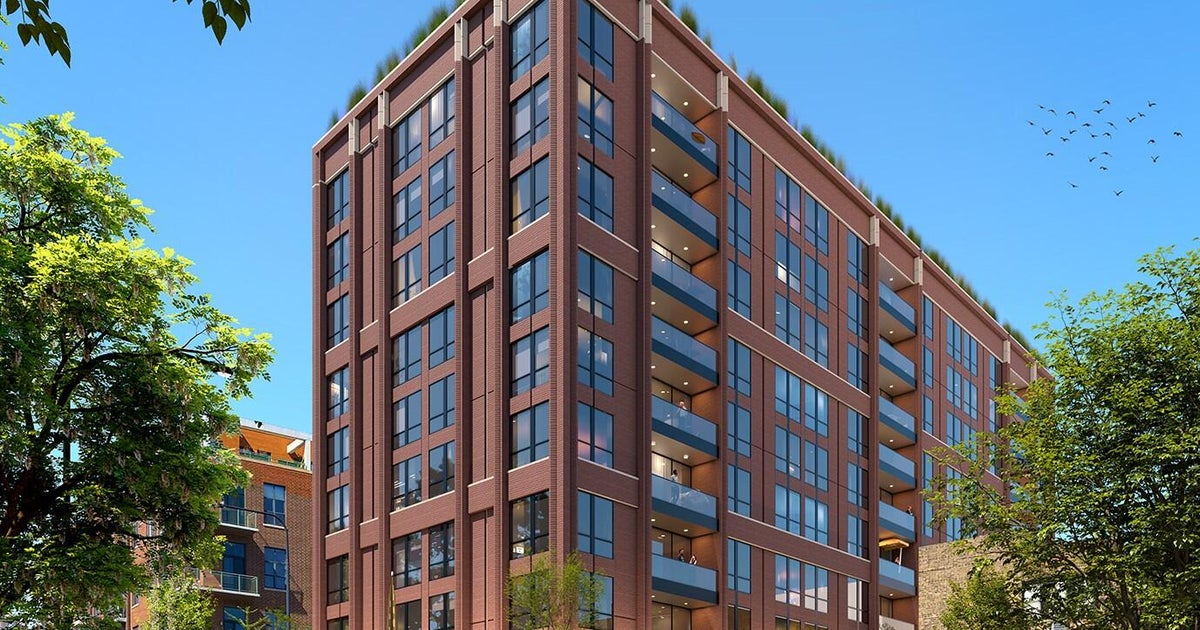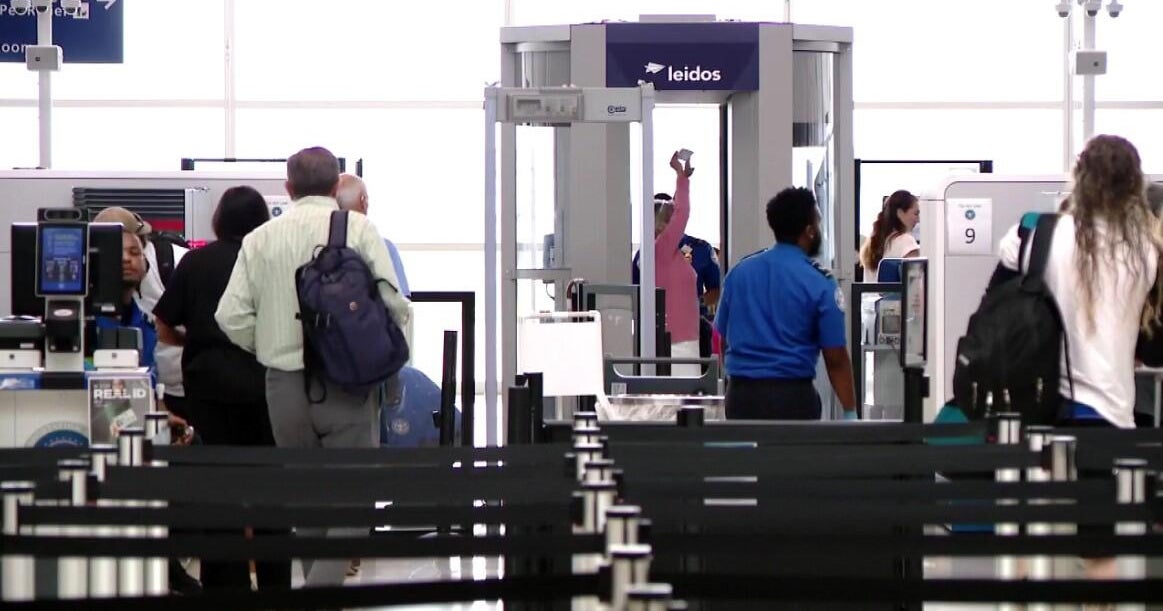Baker Open To Supporting 'Premium Pay' Bonuses Of Up To $2,000 For Massachusetts Essential Workers
BOSTON (CBS) -- The Massachusetts House this week unveiled a plan to start spending billions in federal dollars from the American Rescue Plan Act. One of the proposals in the bill would give bonuses of up to $2,000 to essential employees who worked in-person throughout the pandemic state of emergency - and the idea is something that Gov. Charlie Baker can get behind.
Baker said Tuesday during an interview with GBH News' Boston Public Radio that he's generally supportive of the "premium pay program."
"I do think, conceptually, this is something that is the right thing to do," he said. "We'll do the best we can to implement it."
Baker cautioned that he wants to "see the details" before fully committing to the bonuses.
If signed into law, the bill would "provide direct financial support to essential workers, in an amount of not less than $500 and not more than $2,000 for each eligible essential workers."
The Baker administration would have a role in determining who exactly qualifies as an essential worker, but the money is intended for those who worked "in person and not in a remote setting" during the state of emergency that took effect March 10, 2020 and lasted more than a year. Eligible recipients would also need to have a household income that's at or below 300% of the federal poverty level, according to the proposed legislation.
The payments would go out no later than Jan. 31, 2022, according to the bill.
Overall, $500 million would be used for the bonuses for low and middle-income workers, and another half billion for the state unemployment insurance trust fund.
The bonuses could be a boost for essential workers in Massachusetts who may have been hoping that Congress would act on a fourth stimulus check, which now appears unlikely.







